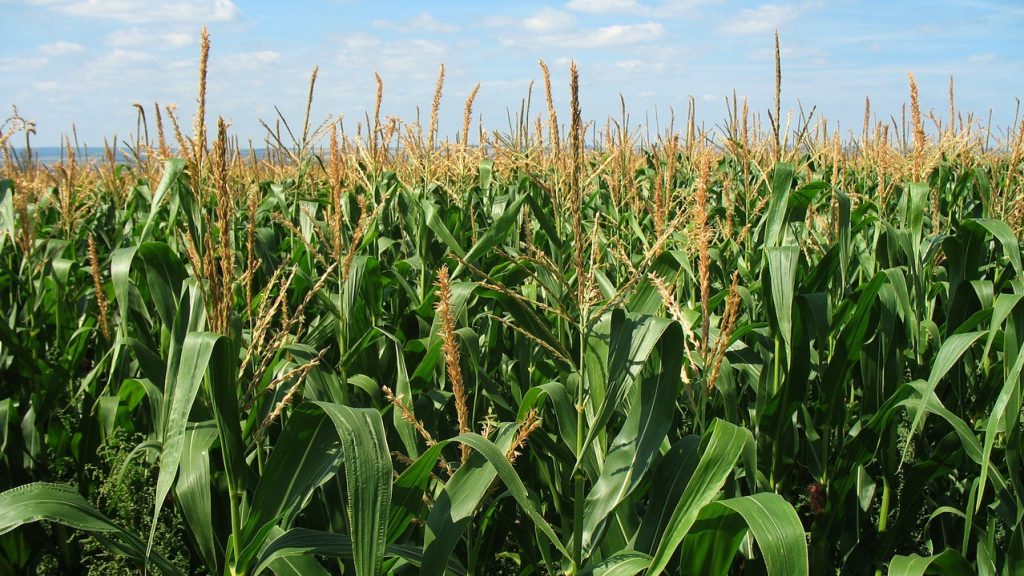Update: New Pest & Disease Records (30 May 12)
We’ve selected a few of the latest new geographic, host and species records for plant pests and diseases from CAB Abstracts. Records this fortnight include a new bacterial pathogen of soyabean, the spread of the buff coconut mealybug to new locations and new host plants in the Philippines, and two new parasitic nematode species found…
Stunting crop plant growth to reduce resource use
Plant scientists at Purdue University in Indiana, USA, along with their colleagues from Seoul National University in South Korea, have found a way to keep crop plants small without having a reduction in yield. The diminutive plants have reduced resource requirements and are more tolerant of severe weather conditions.
Pesticide use does not guarantee increased yields
The ongoing decline of pollinators has caused a global concern. Factors contributing to this decline include among others, use of pesticides, habitat destruction such as bush burning, bee diseases and pests (Colony Collapse Disorder (CCD) and Varroamite), and climate change. Research in Ghana has revealed that cocoa and oil palm production is on the decline…
Update: Plant Health News (23 May 12)
Here’s a taste of some of the latest stories about plant health, including reports linking pesticide use to reduced cocoa and oil palm yields in Ghana, an unidentified maize disease in Kenya, and the destructive banana disease in Congo-Kinshasa that is threatening food security. Click on the link to read more of the latest plant health news!
Update: New Pest & Disease Records (16 May 12)
We’ve selected a few of the latest new geographic, host and species records for plant pests and diseases from CAB Abstracts. Records this fortnight include new records of rust fungi for South Africa, a new species of Stemphylium on spinach vine in China, and the first report of the root-knot nematodes Meloidogyne javanica and M.…
MoU Signed in Grenada
Lizz Johnson and Michael Lett holding the MoU that outlines how the Ministry of Agriculture and CABI will work together to bring Plant health system to Grenada and provide information to the Plantwise Knowledge Bank. Plant clinics are now a reality in Grenada. Phil Taylor and Lizz Johnson recently travelled to Grenada to give Module…
Update: Plant Health News (9 May 12)
Here’s a taste of some of the latest stories about plant health, including the development of disease-resistant raspberries in the U.S., news on a biofertilizer that could save citrus crops in Brazil, and how DNA barcoding could be the future of crop pest control. Click on the link to read more of the latest plant…
Arctic fungus spreads to UK
Scientists have recently identified the first specimens of the fungus Sclerotinia subarctica in the UK. The fungus has not previously been found this far south and may pose a risk to UK agriculture. The findings were made by scientists at the Warwick Crop Centre at the University of Warwick.
Update: New Pest & Disease Records (02 May 12)
We’ve selected a few of the latest new geographic, host and species records for plant pests and diseases from CAB Abstracts. Records this fortnight include the blight disease, Phytophthora, reported for the first time in Lithuania; the first record of blackfly on mango in India; and a new species of Lymantria moth in China.
Plant-bacteria relationships a-maize scientists
Many of us have seen the adverts trying to convince us that there are ‘good bacteria’ that we should be making the most of in yogurty, pro-biotic drinks to help keep our guts healthy. Now it turns out that plants like maize are already one step ahead of us – not only making the most…


